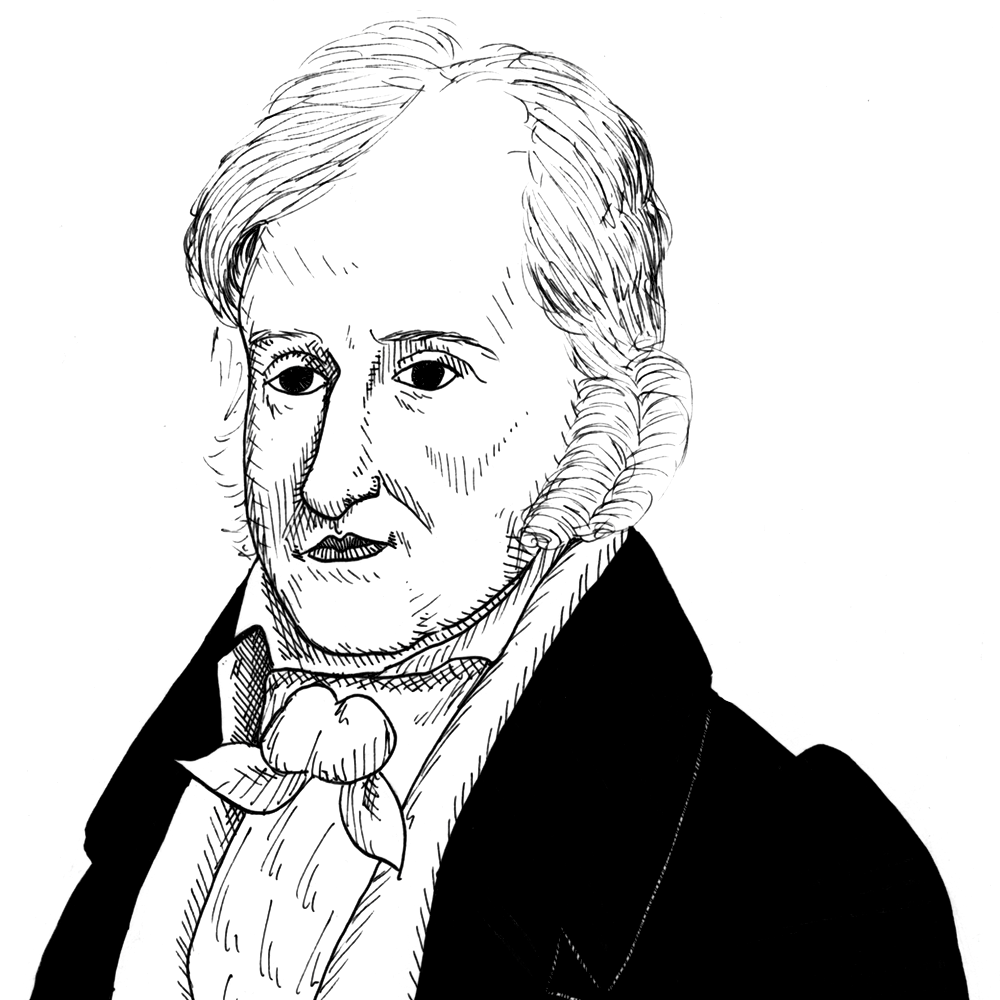
Benjamin Constant on the dangers to liberty posed by the military spirit (1815)
Found in: Principles of Politics Applicable to All Governments
The French political theorist and politician Benjamin Constant (1767-1830) worries that after long periods of war men become imbued with ideas about the use of force and a “military spirit” which undermines the very liberty they are supposed to defend:
War & Peace
This politics of war casts into society a mass of men whose outlook is different from that of the nation and whose habits form a dangerous contrast with the patterns of civil life, with the institutions of justice, with respect for the rights of all, with those principles of peaceful and ordered freedom which must be equally inviolable under all forms of government. …
In all centuries and countries, men associated together in the army for long periods have separated themselves from the nation. The very soldiers of freedom, in fighting for such, conceive a kind of respect for the use of force, regardless of its purpose. Without knowing it they contract thereby morals, ideas, and habits which are subversive of the cause they defend. The measures which ensure the triumph of war prepare the collapse of the law. The military spirit is haughty, swift, swaggering. Law must be calm, often slow, and always protective. The military spirit detests the thinking faculties as incipient indiscipline.